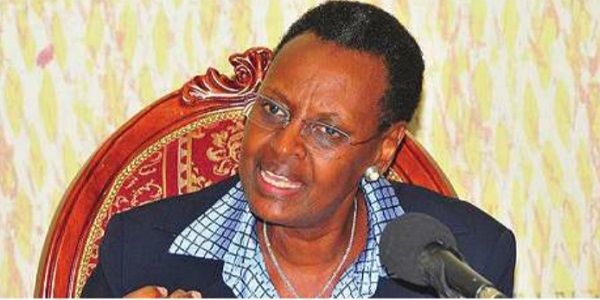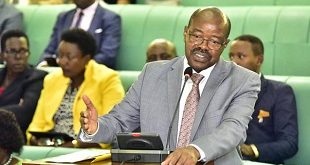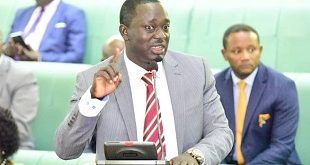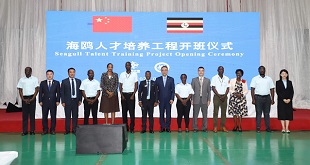
When the lack of teachers was put to the Minister of State for Higher Education, John Chrysostom Muyingo; who represented Education minister Janet Museveni at the release of the results, he did not dismiss it. He added instead that even the few teachers, especially in upcountry districts, are still ill- trained.
He said government has a plan of intensifying in-service training and retooling teachers so that they can meet the current needs for science teaching to ensure that learners leave school with the generic skills needed in the world of work.
The idea of compelling everyone to do sciences was premised on the fact it’s such subjects that will provide the skill the country needs to achieve its target of becoming middle income by 2020 and even other long term targets like the vision 2040.
Muyingo listed an array of interventions that the government is considering to ensure the goal is attained, including constructing laboratories and equipping existing ones.
But, for Mutamba all that will not matter if particular focus is not put on the teacher.
“Up to 70% of a student’s performance is determined by the kind of teacher they have,” he says, “If teachers aren’t well prepared or if they aren’t knowledgeable the outcomes will always reflect the same”.
He says the bad results speak of how ill prepared the country was for the compulsory sciences policy. Giving the example of Secondary Science and Mathematics Teachers’ training (SESMAT), he says although the programme was initiated to give teachers on job training , many teachers do not consider it relevant. Many others are too stuck in their teaching methods to change.
“Even after the SESMAT trainings, they always go back to their old habits; the old way of teaching,” Mutamba says.
Teacher’s welfare needs
The intention of SESMAT was to train teachers to have a positive attitude, strengthen hands -on and minds-on activities and motivate them to realize their own maximum potential in order to enhance quality teaching and learning. But now, the programme that operates on a two-tier system with district trainers being trained annually at the National center at Kololo Secondary School who in turn train teachers in their areas at the district centers has been reduced to a mere routine, at least according to Olong. He said they have since lost track.
“Refresher courses are good but what SESMAT does is to repeat the same things year in year out. Now teachers attend these trainings because they have to,” he says speaking the same of cyber schools training programme meant to train teachers in ICT that he says died before it started.
Mutamba, who says the policy was embraced on an assumption that people have the same abilities, says for the programme or in-service training to be effective and greatly impact on teachers, a lot of other issues such as the welfare needs of teachers need to be taken care of. He says teachers who attend should be given allowances.
Olong adds that before grappling with “big challenges”, the government needs to put in some quick fixes; including restocking of libraries with text books and equipping laboratories with basics such as chemicals and test tubes.
Olong says schools under the government’s free Universal Secondary Education policy are particularly suffering because few books available cannot cater for the thousands of students who are supposed to read them. He says most schools just keep a few copies for the library.
He also calls for investing more in career guidance so that a learner goes to school with a clear idea about what exactly he/she wants to become.
However as teachers punch holes in the policy and interventions meant to strengthen it, proponents such as Dr. Maxwell Otim Onapa, the deputy director at the Uganda National Council for Science and Technology (UNCST), say the idea was to equip learners with skills of critical thinking and innovativeness which are key for modern day human resource. He says Uganda is suffering in the area of innovation because of the attitude people have had about sciences over the years.
For him, for the poor results to be averted, it only requires teachers to change the means of delivery and know that they are teaching a science and it is not just about passing exams for the learner but acquiring knowledge.
 The Independent Uganda: You get the Truth we Pay the Price
The Independent Uganda: You get the Truth we Pay the Price



I benefited from the article. Thanks